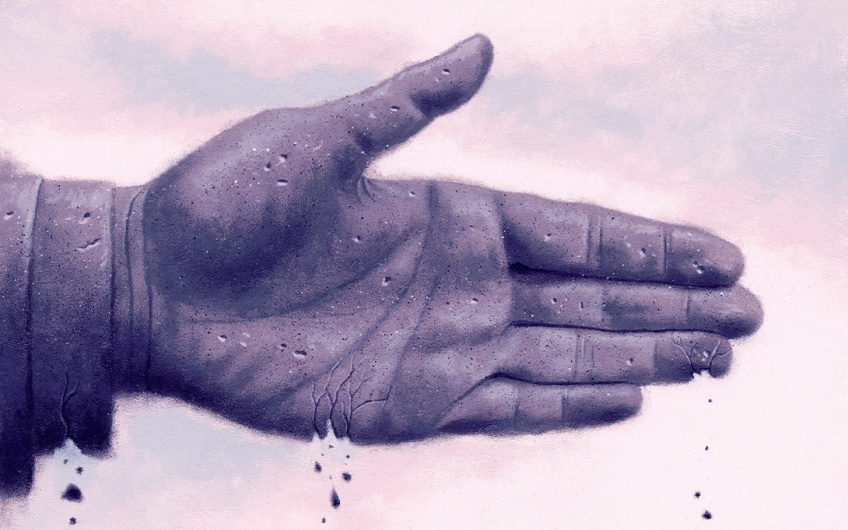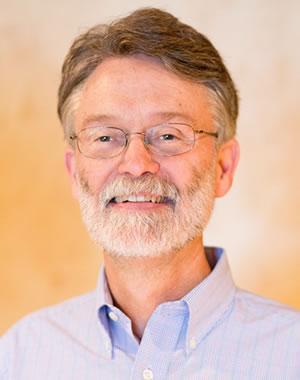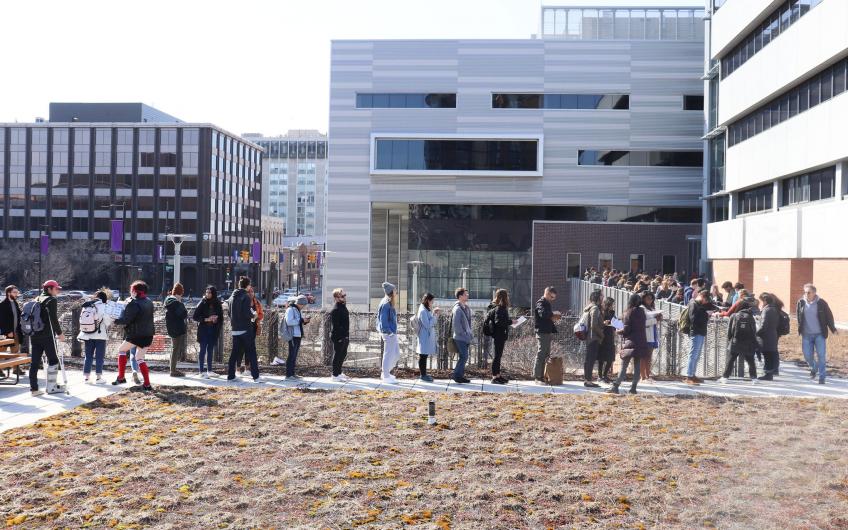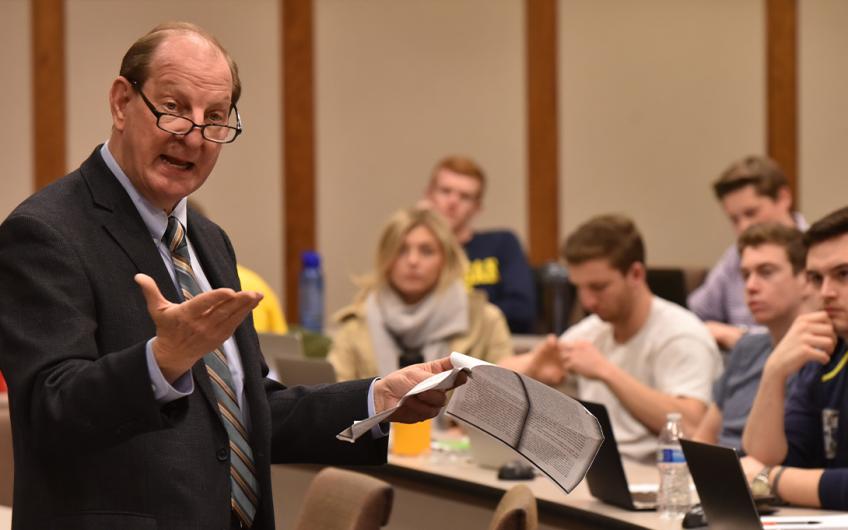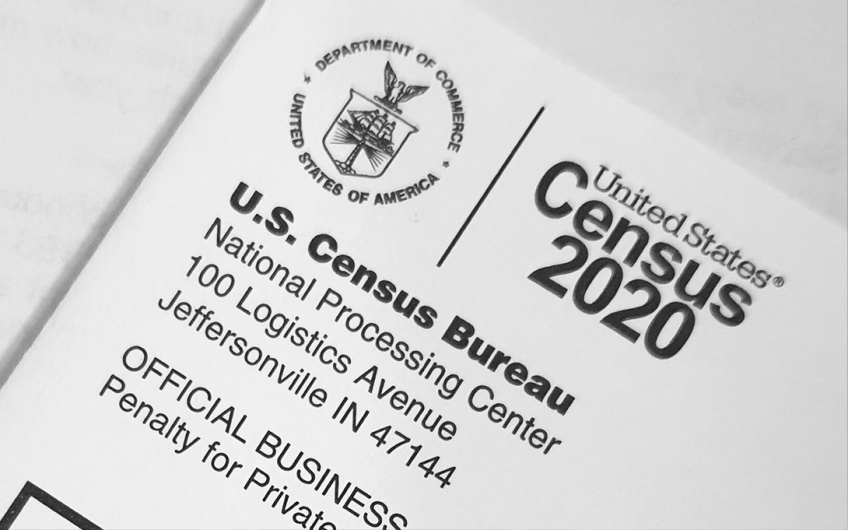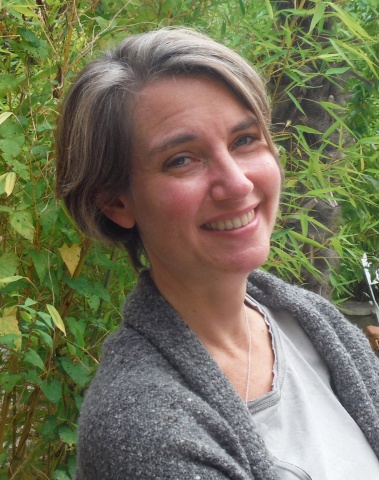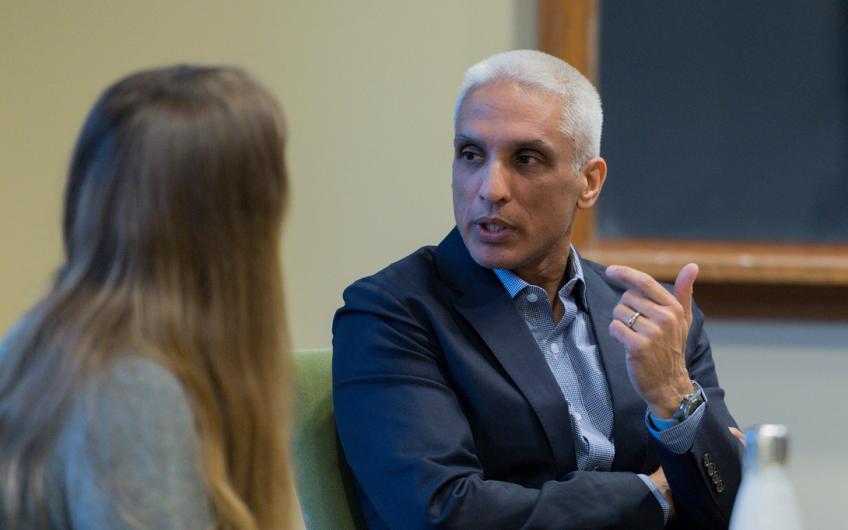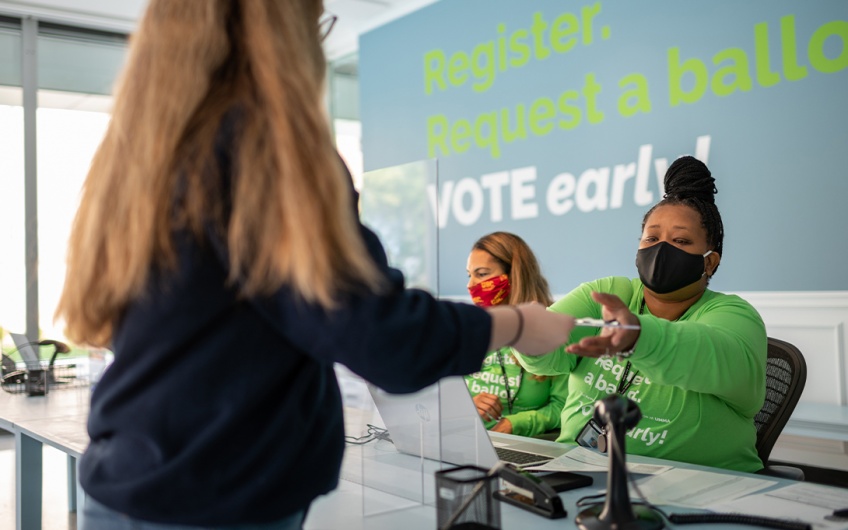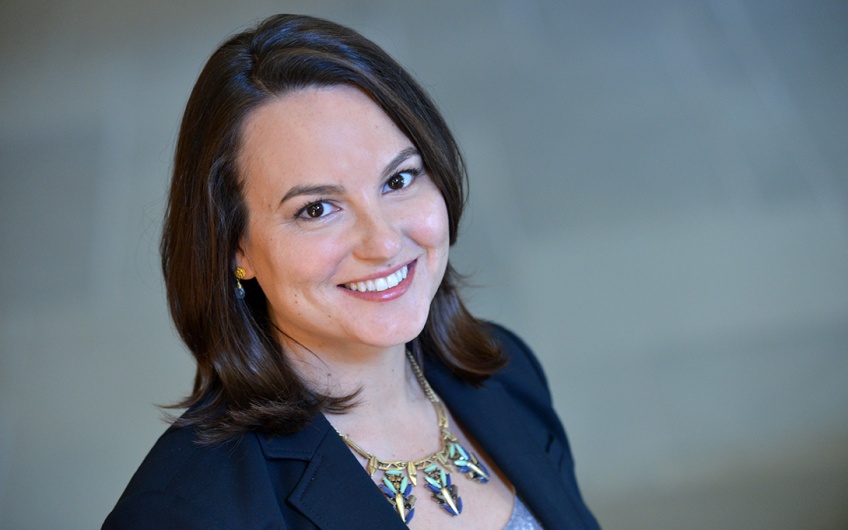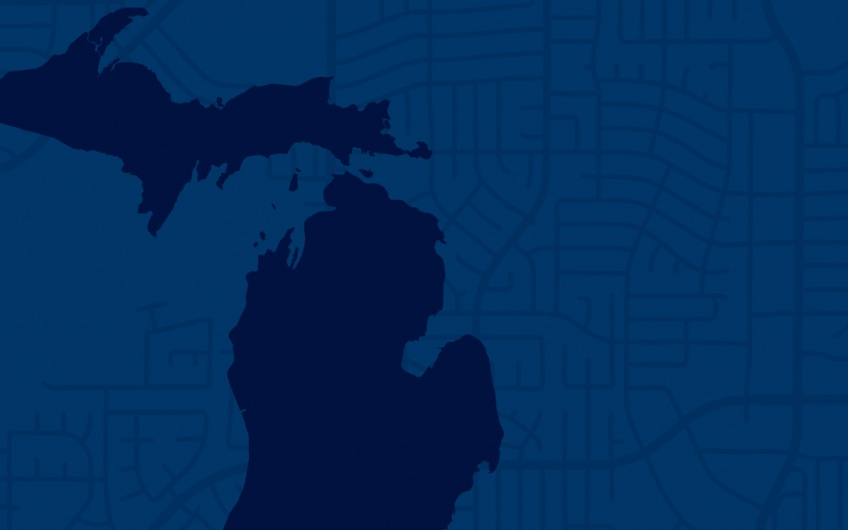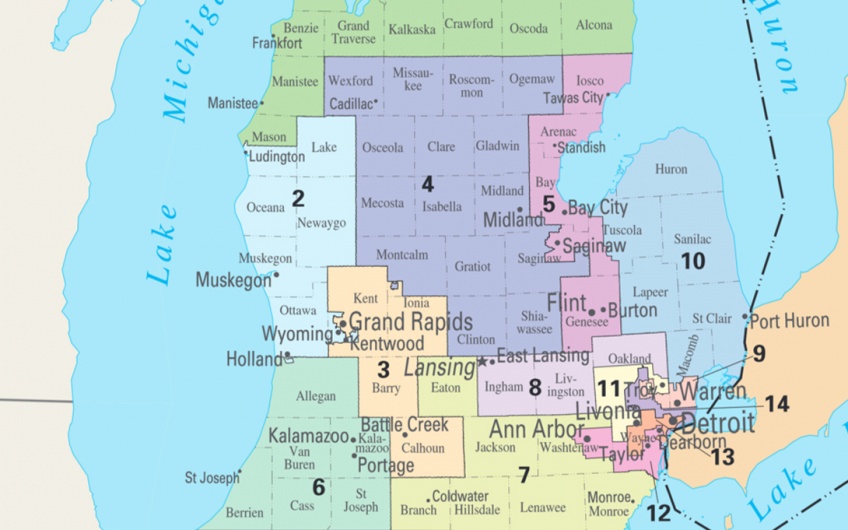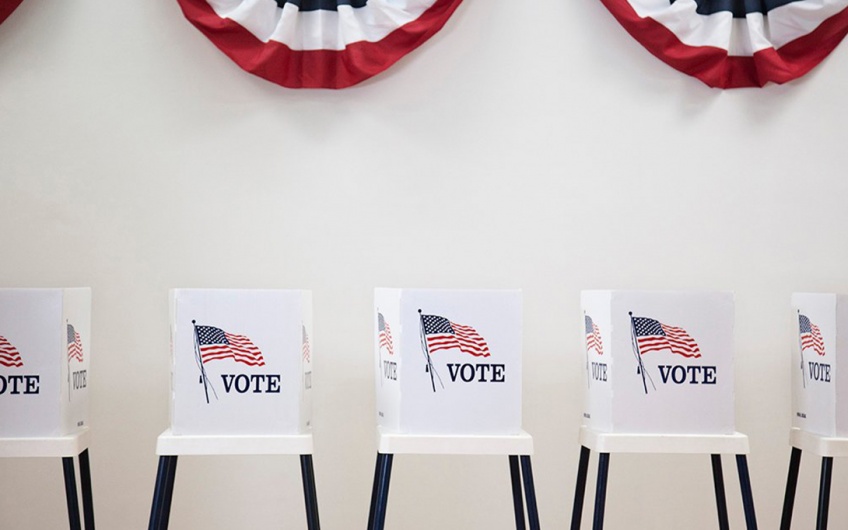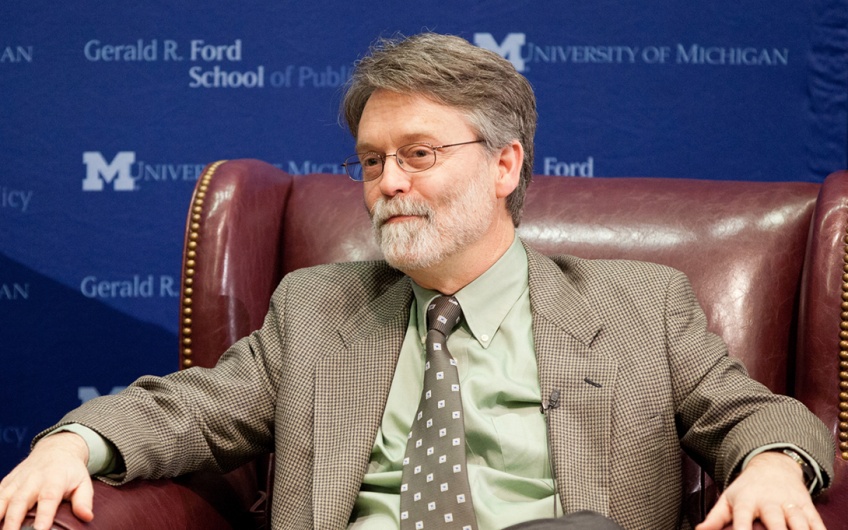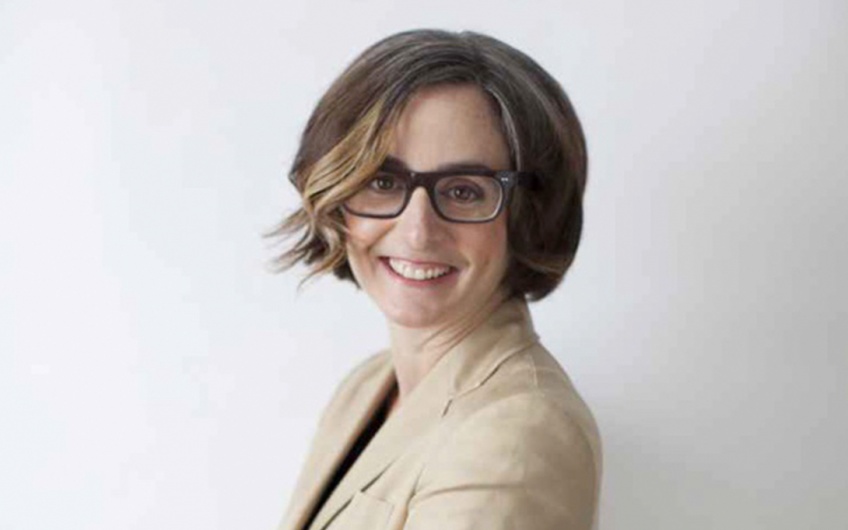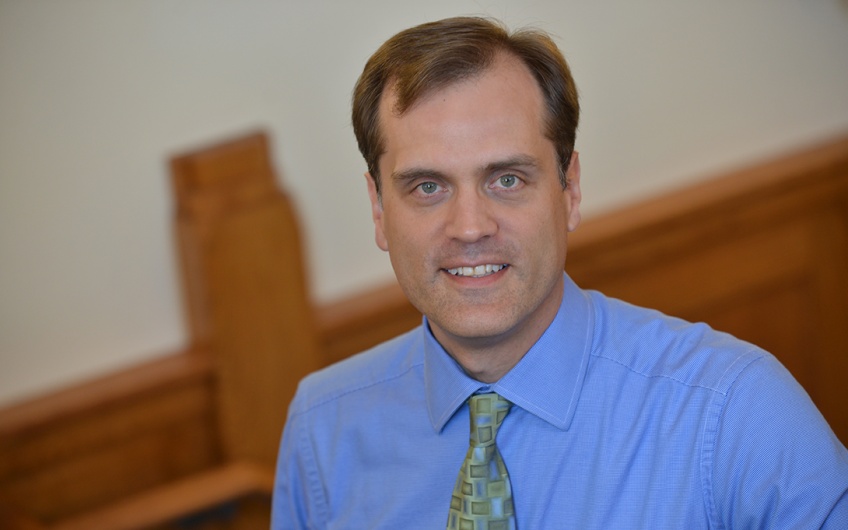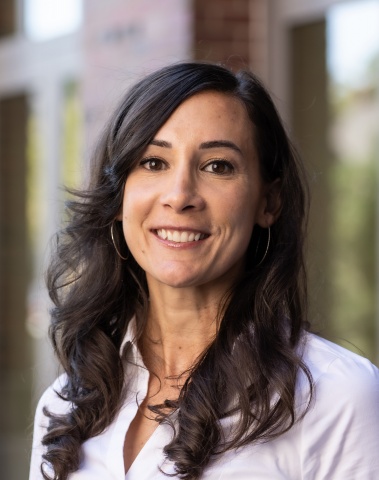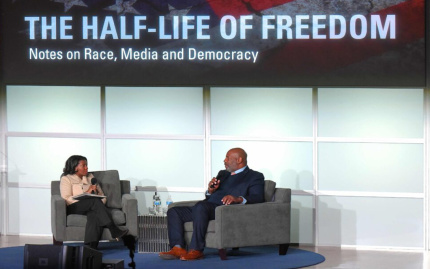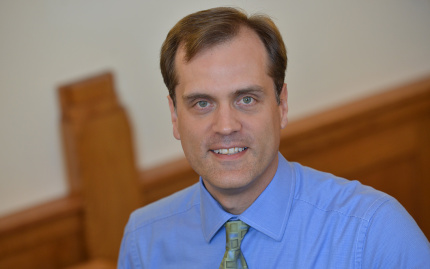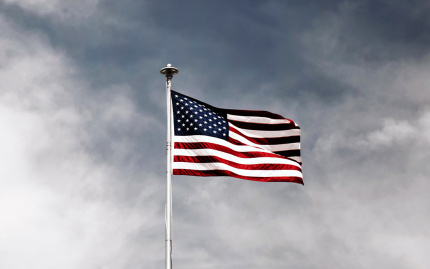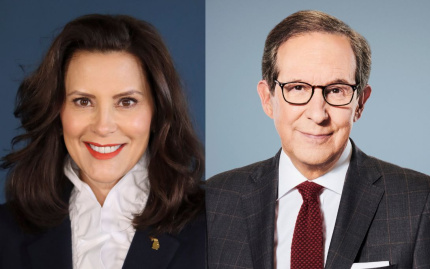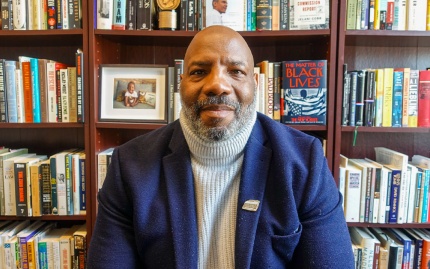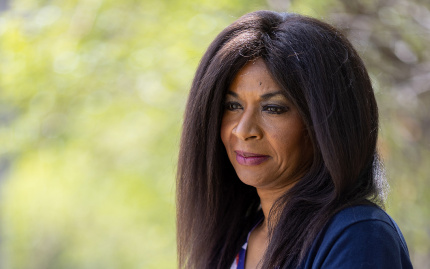Democracy and debate
Free speech. The exchange of ideas. Fair and free elections. Democratic institutions. These are fundamental aspects of our democracy, and they require work, reform, and commitment to uphold them. Our community is engaged deeply in the issues of the day, and ready to help others speak out, take action, and vote.
Passage of the 19th amendment a century ago was a hard-won victory for women’s right to vote, and yet it was just one of many movements—before and after—to expand voting rights. In 1866, 53 years before the amendment’s passage, Frances Ellen Watkins Harper was the only Black woman to address the National Woman’s Rights Convention in New York. She said: “Justice is not fulfilled so long as woman is unequal before the law. We are all bound up together in one great bundle of humanity, and society cannot trample on the weakest and feeblest of its members without receiving the curse in its own soul.”
Yet she and other African Americans were unable to exercise this right until the Voting Rights Act passed a century later. The most vulnerable among us still face many barriers at the ballot box.
In conjunction with a major effort across the University of Michigan, we offer courses, conversations across difference, and initiatives that explore the topics of debate, civic engagement, voting rights, and democracy with a special theme semester.
Following a tumultuous election year, highlighted by a pandemic and attacks on our democracy, the Ford School continues to offer courses, initiate conversations across difference, and explore topics of debate, civic engagement, voting rights, and the state of our democracy.
The right to vote is at the very foundation of our American system and nothing must interfere with this very precious right.”
President Gerald R. Ford, for whom our school is named, extended the 1965 Voting Rights Act in 1975
Breaking down public trust
CAD speaker series
-
Rebecca Carroll on "Surviving the White Gaze" Mar 3, 2021
-
Elissa Slotkin and Peter Meijer: Voices across the aisle in a challenging time Feb 16, 2021
-
Jocelyn Benson and Frank LaRose on Voter Turnout and Access in Ohio and Michigan Oct 9, 2020
-
The Functioning of Democracy across the Urban-Rural Spectrum panel Nov 6, 2020
-
Lawrence H. Summers and Maya MacGuineas: Is the federal deficit unsustainable? Oct 7, 2020
-
Go Blue Go Vote Nov 20, 2020
